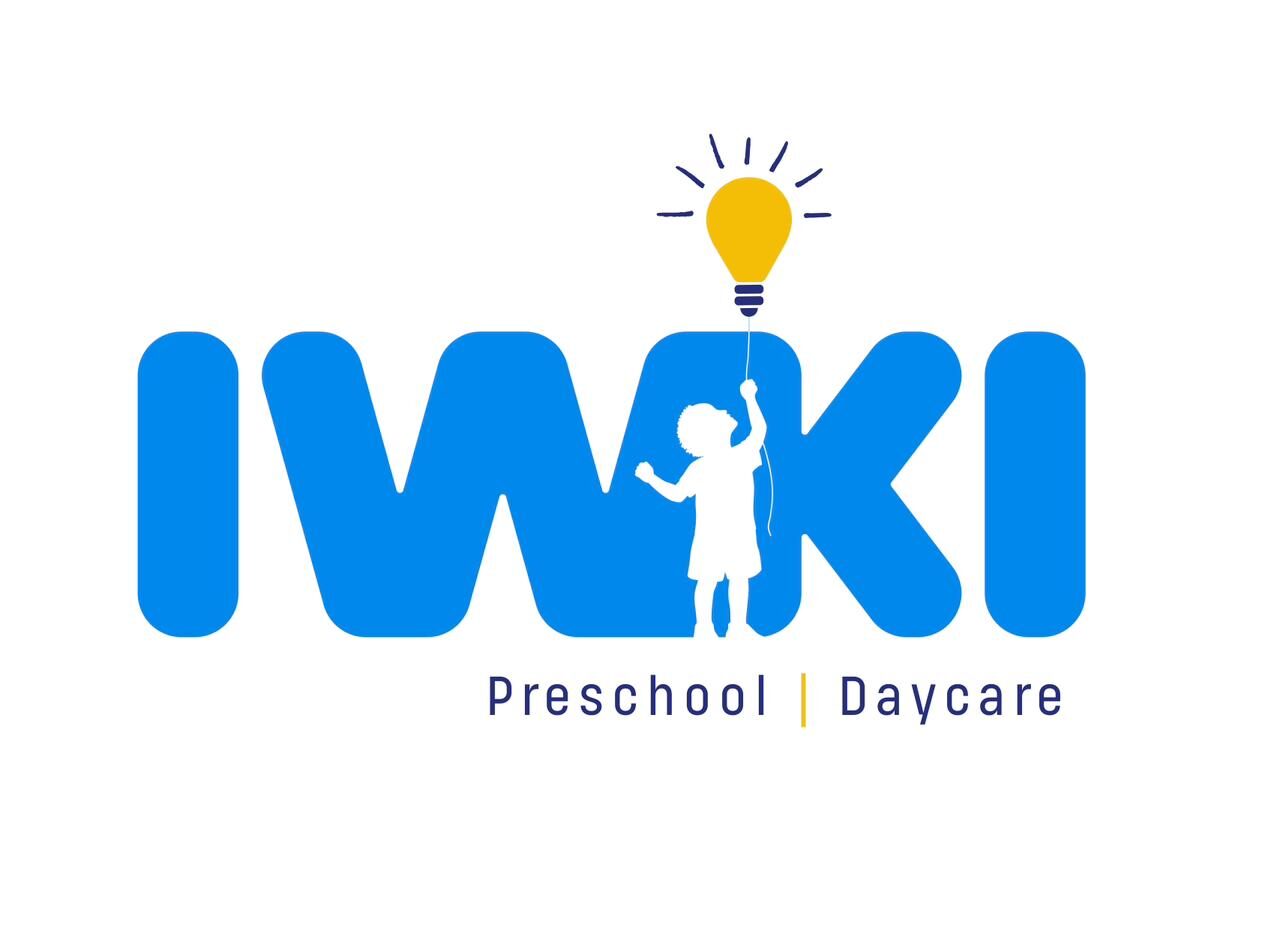Understanding the IWKI Curriculum
The Wonder Kids Curriculum focuses on promoting holistic development in children, making it an excellent approach to Early Childhood Education. It aims to enhance various skills such as cognitive, social, emotional, and physical abilities. This curriculum emphasizes interactive and engaging activities to stimulate a child’s learning and creativity. Through play-based learning, children can develop problem-solving skills, improve their communication abilities, and build a strong foundation for future academic success. Teachers play a crucial role in implementing the Wonder Kids Curriculum by creating a supportive and stimulating learning environment for children.
Importance of Early Childhood Development
Early childhood development is crucial for children’s growth and future well-being. It sets the foundation for their physical, emotional, and cognitive development. Studies show that quality early childhood education can lead to improved social skills, better academic performance, and increased likelihood of success later in life. Investing in early childhood development not only benefits the child but also society as a whole by creating a brighter future for everyone.
How the Wonder Kids Curriculum Enhances Development
The Wonder Kids Curriculum is designed to stimulate all areas of a child’s development. It focuses on nurturing social skills, cognitive abilities, creativity, and physical coordination. By incorporating interactive activities and play-based learning, this curriculum helps children develop essential skills in a fun and engaging way. Research indicates that children who participate in the Wonder Kids Curriculum show significant improvements in their overall development compared to those following traditional teaching methods.
Cognitive Development in Early Childhood
In early childhood, cognitive development refers to how children learn, think, and solve problems. A Wonder Kids Curriculum can positively impact this development by providing engaging activities that promote critical thinking and problem-solving skills. Children exposed to such a curriculum may show improved memory retention, language skills, and creativity. Through playful activities and interactive learning, children can develop important cognitive abilities that will benefit them as they grow.
Social and Emotional Growth Benefits
The Wonder Kids curriculum can help children develop important social and emotional skills. With this curriculum, kids can learn how to communicate effectively, understand their emotions, and build healthy relationships with others. Through activities like group play and problem-solving tasks, children can improve their social interactions and grow in confidence. The curriculum also focuses on teaching empathy and kindness, which are essential qualities for positive social development.
The Role of Physical Development in Wonder Kids Curriculum
Physical development plays a crucial role in the Wonder Kids Curriculum, focusing on enhancing children’s motor skills and coordination. Through activities like running, jumping, and climbing, children develop their muscle strength and balance. Engaging in physical play not only improves their physical health but also aids in the development of their gross motor skills. These activities are designed to help children build confidence in their physical abilities, setting a strong foundation for their overall development.
Creative Learning Opportunities Provided
The Wonder Kids curriculum offers various creative learning opportunities for children. It includes arts and crafts activities, music and movement sessions, storytelling, and hands-on science experiments. These activities aim to enhance children’s imagination, creativity, and problem-solving skills. By engaging in these activities, children can develop their cognitive abilities and social skills in a fun and interactive way.
Implementing the Wonder Kids Curriculum Effectively
To implement the Wonder Kids Curriculum effectively and maximize its impact on early childhood development, here are some key considerations:
- Understand the curriculum: Take the time to familiarize yourself with the Wonder Kids Curriculum, its goals, and its approach to early childhood development.
- Engage with training: Participate in any training sessions or workshops provided to ensure you are fully equipped to implement the curriculum successfully.
- Adapt to individual needs: Tailor the curriculum to meet the individual needs and learning styles of each child in your care.
- Collaborate with colleagues: Work closely with other educators or caregivers to share ideas, resources, and best practices for implementing the curriculum effectively.
- Regularly assess progress: Continuously assess and monitor the progress of children participating in the Wonder Kids Curriculum to ensure they are meeting developmental milestones.
- Seek feedback: Encourage feedback from children, parents, and other stakeholders to make necessary adjustments and improvements to the implementation process.
Parental Involvement and Support
Parental involvement and support play a crucial role in a child’s development. Research shows that when parents are actively engaged in their child’s learning, the child is more likely to excel in various areas. Here are some ways in which parental involvement can positively impact a child’s development:
- Emotional Support: Providing love, care, and encouragement helps build a child’s self-esteem and emotional well-being.
- Academic Support: Assisting with homework, reading with the child, and showing interest in their academics can enhance their educational success.
- Communication: Regular communication with the child’s teachers and active participation in parent-teacher meetings can give parents insights into their child’s progress and any areas needing improvement.
- Involvement in Activities: Engaging in extracurricular activities, attending school events, and being part of the child’s social life all contribute to a well-rounded development.
Maximizing Results: Tips for Parents and Educators
Parents and educators can maximize the impact of the Wonder Kids curriculum on early childhood development by creating a supportive and stimulating environment for children. Here are some tips:
- Encourage curiosity and exploration through hands-on activities.
- Foster a love for learning by providing engaging and age-appropriate educational materials.
- Communicate regularly with each other to ensure consistency in the child’s learning experience.
- Celebrate achievements and progress to boost children’s confidence and motivation.
- Collaborate on setting goals and tracking the child’s development to ensure they are reaching their full potential.


